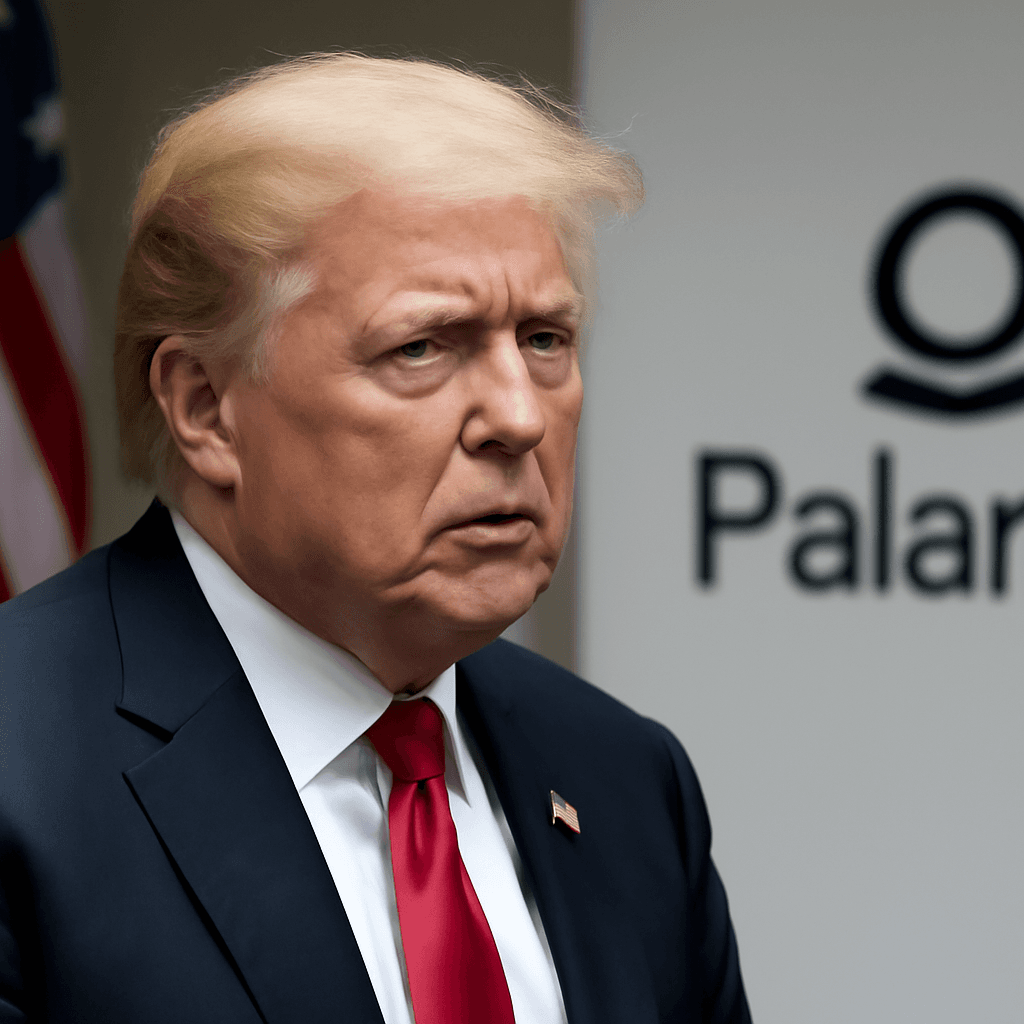Is the Trump Administration Creating a Nationwide Surveillance Database?
Recent developments suggest the Trump administration may be assembling a comprehensive database encompassing detailed information on every American citizen, raising significant concerns about privacy and government overreach.
Federal Data Sharing and Palantir's Role
In March, the Trump administration issued an executive order to bolster federal data sharing across agencies—a move now actively supported by Palantir Technologies Inc., a prominent data analytics firm. Several federal entities, including the Department of Health and Human Services and the Social Security Administration, have already begun integrating their data using Palantir’s platform. Rumors also hint that the Internal Revenue Service could soon follow suit.
This consolidation allows the government to assemble vast amounts of personal data—from bank account details and student loan information to medical claims and disability status—into a singular, accessible database.
The Implications Behind the Data Consolidation
While officials justify the initiative as a way to "break down information silos" and "boost government efficiency", critics fear that such unprecedented data centralization may grant the government unchecked surveillance capabilities, undermining citizens’ privacy rights.
Who is Palantir?
Palantir has gained recognition as a leading data and analytics company, often partnering with government agencies, particularly in military and intelligence sectors. Founded in the early 2000s by billionaire Peter Thiel alongside Joe Lonsdale, Stephen Cohen, and CEO Alex Karp, the firm operates with a level of secrecy that has attracted controversy.
Its surveillance and data mining efforts have been met with scrutiny, casting a shadow over its expanding role in national data management.
Looking Ahead
As the Trump administration forges ahead with centralized federal data platforms, the balance between national security, government efficiency, and individual privacy remains a pressing topic of debate. The potential for a single, comprehensive database on Americans marks a pivotal moment in the conversation around data privacy and government surveillance.



















